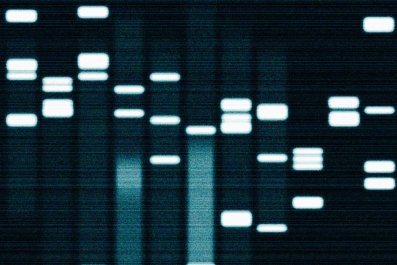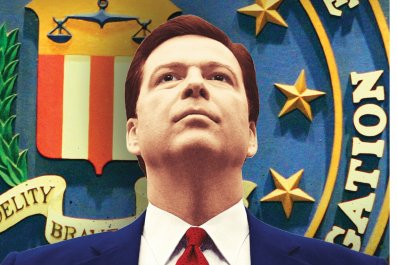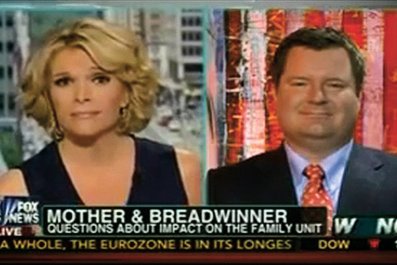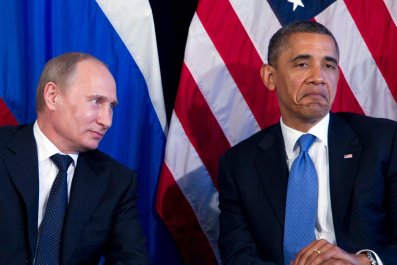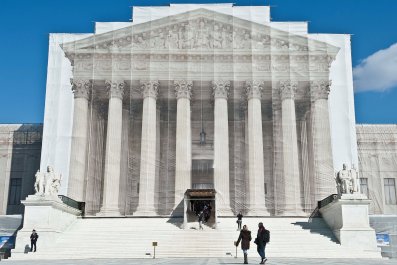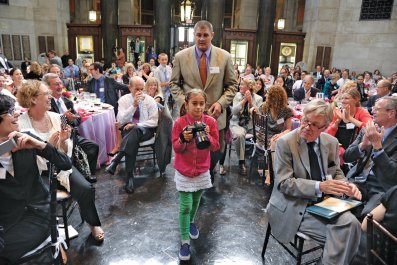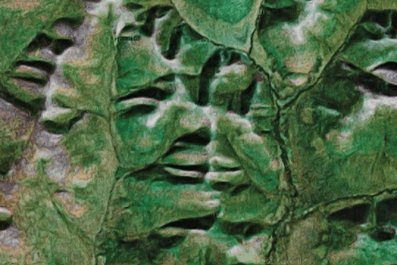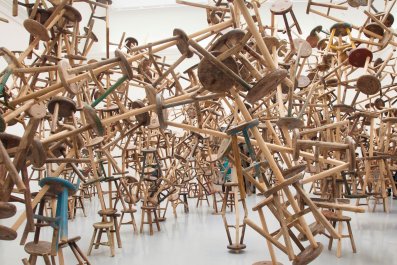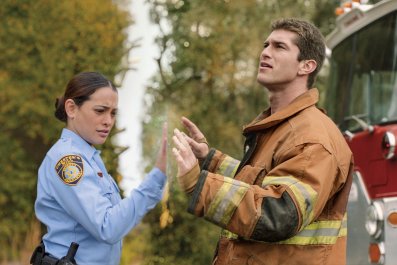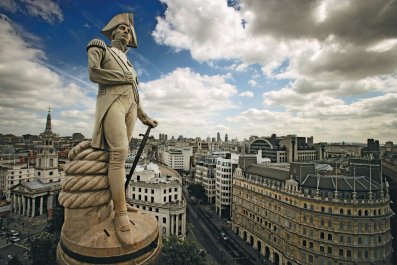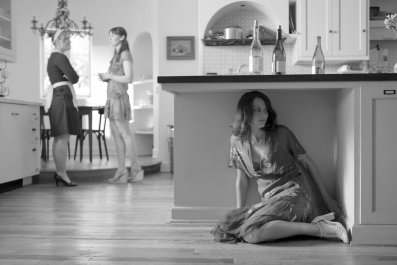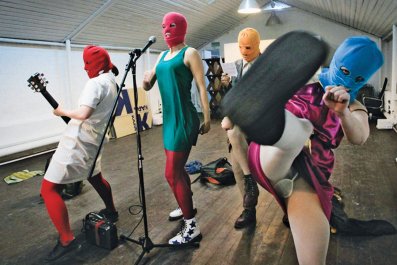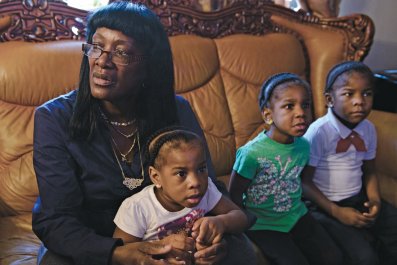SCHOOL'S OUT! It's a time for students to rejoice—and for teachers to reflect. The educational fashion of the moment is called "deeper learning," which, in very broad terms, is supposed to favor analytical skills over rote learning. It's a concept introduced under many guises over the years, and a good one as far as it goes. But as Tom Loveless of the Brookings Institution points out, deeper learning often goes too far: even first-grade math became baffling to parents when traditional methods of addition were forbidden. Citing earlier studies, Loveless writes that these "anti-knowledge movements," by disparaging traditional academic content, often make social inequality worse: "If public schools don't teach algebra or chemistry or great literature or how to write well—the old-fashioned learning that has been around for centuries and remains high-status knowledge in most cultures—rich kids will get it somewhere else. Poor kids won't." Or putting it another way, "It is difficult to think deeply about Shakespeare without actually having read his work, remembering it, and grasping at least a good part of what he was saying." Of course, real teachers in the real world may not be so doctrinaire about deeper learning. We'll know more in the fall.
Is 'Deeper Learning' Just a Bad Idea?




